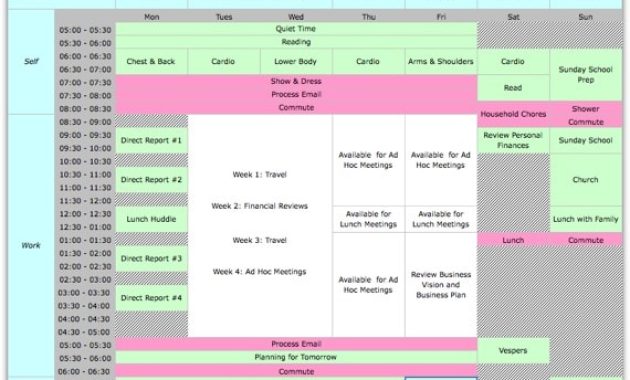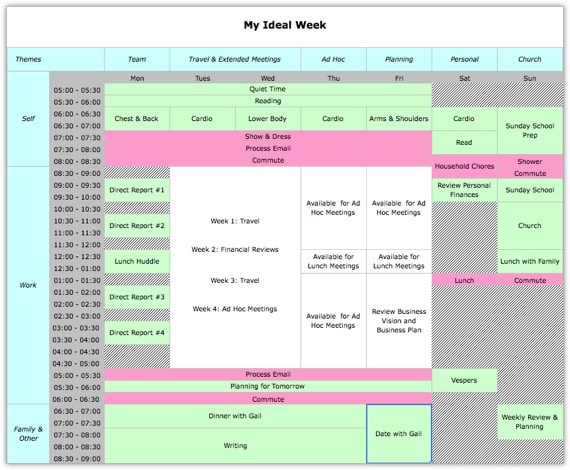
How to Plan Your Week With Diabetes in Mind: A Practical Guide to Success
Living with diabetes requires proactive management. It’s not just about taking medication. It’s about making informed choices every day. Planning your week is crucial. It helps you stay on track. It also allows you to maintain good health. This guide provides practical steps. These steps will help you plan your week effectively. You will learn how to manage your diabetes successfully.
Understanding the Importance of Weekly Planning
Diabetes management is a continuous process. It involves careful monitoring of blood sugar levels. It also needs dietary adjustments. Exercise and medication adherence are vital. Weekly planning provides structure. It helps you integrate these elements seamlessly. A well-planned week minimizes fluctuations. It also reduces the risk of complications. It provides peace of mind. It empowers you to take control of your health. Successful weekly planning reduces stress. It helps you feel more confident. You can manage your diabetes effectively.
Assessing Your Current Situation
Before you start planning, assess your current situation. Review your recent blood sugar readings. Identify any patterns or trends. Note any challenges you’ve faced. Consider your current medication schedule. Evaluate your typical eating habits. Think about your exercise routine. Are there any areas needing improvement? Do you have any upcoming appointments? These assessments will inform your plan. They will make it more tailored to your needs. This is the first step towards a successful week. It ensures the plan is realistic. It is also achievable.
Creating Your Weekly Meal Plan
Meal planning is a cornerstone of diabetes management. A well-structured meal plan helps regulate blood sugar. It also supports overall health. Start by consulting with a registered dietitian. They can provide personalized guidance. They will help you create a balanced plan. Focus on incorporating nutrient-dense foods. These foods include non-starchy vegetables. Choose lean proteins, and whole grains. Plan your meals for each day of the week. Include breakfast, lunch, dinner, and snacks. Consider your carbohydrate intake. It is crucial for blood sugar control. Prepare a shopping list. This will ensure you have all the necessary ingredients. Meal prepping can save time. It can also make healthy eating easier during the week. A well-planned meal plan keeps your glucose levels stable. It also promotes a healthy lifestyle.
Scheduling Your Physical Activity
Regular physical activity is essential. It improves insulin sensitivity. It also helps manage blood sugar levels. Schedule exercise sessions into your weekly plan. Aim for at least 150 minutes of moderate-intensity exercise. This should be spread throughout the week. Choose activities you enjoy. This increases your likelihood of sticking to the plan. Consider a mix of aerobic exercises. These exercises include walking, cycling, or swimming. Incorporate strength training exercises. These can include weightlifting or bodyweight exercises. Plan exercise sessions for different days. This ensures you get a well-rounded workout. Remember to check your blood sugar. This is before, during, and after exercise. Adjust your insulin or food intake. This is based on your activity level. Regular exercise improves overall health. It also enhances diabetes management.
Planning Your Medication Schedule
Adhering to your medication schedule is critical. It helps manage your blood sugar levels. Ensure you understand your medication regimen. Know the correct dosages. Also know the timing of each dose. Set reminders. Use alarms or medication apps. These will help you stay on track. Organize your medications. This is using a pill organizer. This will help you to avoid missed doses. Plan to refill your prescriptions in advance. This prevents running out of medication. If you use insulin, plan for supplies. This includes syringes or pens, and testing strips. Communicate with your healthcare provider. This is if you experience any side effects. Or if you have any concerns about your medication. Consistency in your medication schedule is very important. It is vital for effective diabetes management.
Monitoring Your Blood Sugar Levels
Regular blood sugar monitoring provides valuable insights. It helps you understand how your body responds. This is to food, exercise, and medication. Schedule blood sugar checks into your weekly plan. Follow your healthcare provider’s recommendations. Typically, this includes checking before meals. Also check after meals and before bed. Keep a log of your readings. Note the time, date, and any relevant details. These details include meals, exercise, or medication. This data helps you identify patterns. These patterns can influence your blood sugar levels. This will also inform your decisions. Adjust your diet, exercise, or medication. This is based on your readings. Share your blood sugar logs with your healthcare provider. They can provide personalized guidance. They can adjust your treatment plan if necessary. Consistent blood sugar monitoring helps you stay informed. It also helps you manage your diabetes effectively.
Incorporating Flexibility and Adjustments
Life is unpredictable. Things change, and plans may need adjustment. Build flexibility into your weekly plan. Allow for unexpected events. This could be social gatherings or travel. Have backup plans. These can include alternative meal options. Also include exercise routines. Be prepared to adjust your insulin doses. This is based on your blood sugar levels. Do not be afraid to deviate from your plan. This is when necessary. Learn from any deviations. Use them as learning opportunities. Evaluate your plan regularly. Make adjustments as needed. This is to better suit your needs. A flexible approach ensures your plan stays relevant. It also ensures it supports your health goals. A flexible plan empowers you. You can effectively manage your diabetes.
Tracking and Reviewing Your Progress
Track your progress throughout the week. Monitor your blood sugar readings. Also track your food intake. Track your exercise sessions. Keep a record of any medications taken. At the end of the week, review your plan. Evaluate what worked well. Also evaluate what did not work. Identify any challenges you faced. Consider any adjustments you need to make. Reflect on your overall progress. Note improvements in your blood sugar control. Note any positive changes in your health. Use this information to refine your plan for the next week. This iterative process helps you to continuously improve. It also optimizes your diabetes management strategy. Consistent tracking and review support long-term success. They also enhance your quality of life.
Seeking Support and Staying Motivated
Managing diabetes can be challenging. It is important to seek support. Talk to your healthcare provider. Also consult with a certified diabetes educator. Join a support group. Connect with others who have diabetes. This provides encouragement. It also helps you share experiences. Stay motivated by setting realistic goals. Celebrate your achievements. Reward yourself for sticking to your plan. Find activities you enjoy. This will help you stay engaged. Remember, you are not alone. There are resources available to help you. A strong support system and a positive attitude are essential. They will empower you to live a healthy and fulfilling life. They also help you manage your diabetes effectively.
Final Thoughts on How to Plan Your Week With Diabetes in Mind
Planning your week with diabetes in mind is a powerful tool. It is used for effective diabetes management. It promotes better blood sugar control. It also improves your overall health. By following the steps outlined in this guide, you can create a plan. This plan is tailored to your needs. It will also help you achieve your health goals. Remember to be consistent. Be patient. Be proactive in your approach. Take control of your diabetes. Embrace a healthier, more fulfilling life. It is possible to live well with diabetes. Planning your week is a key element. Successful diabetes management is possible.
[See also: Related Article Titles]

